IS07 - Ship Hydrodynamics in Inland Waterways
Inland navigation is a vital mode of transportation with substantial economic and ecological implications. Transporting cargo inland via water consumes 3.7 times less fuel per ton compared to road transport and emits four times less CO2 than trucks. Moreover, thanks to mass transport, it costs two to seven times less, and its high-volume capabilities contribute to its cost-effectiveness. Additionally, the safety record of inland waterways is notably favorable, with fewer accidents compared to roads, rendering this mode of transport safer. For competitive reasons, inland vessels are increasingly larger and equipped with powerful propulsive systems.
The consequences of this evolution are multiple. Firstly, there is a noticeable effect on the hydrodynamics surrounding vessels [1], as confinement becomes more pronounced. Secondly, there is an impact on sediment suspension and erosion of the channel bed and banks [2]. This erosion is primarily induced by the turbulent flow around the ship, resulting from its movement, propulsion system, and the waves it generates.
In this invited session, attendees will have the opportunity to explore novel ideas, innovative concepts and developments regarding the study of the mutual interaction between vessels and inland waterways. Using in-situ, experimental, and numerical investigation and methods, the session aims to characterize the flow around vessels and examine the impact of navigation on sediment suspension and bank erosion, including convoy navigation concept.

